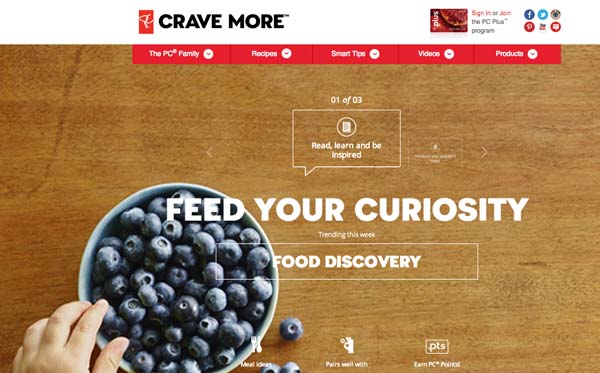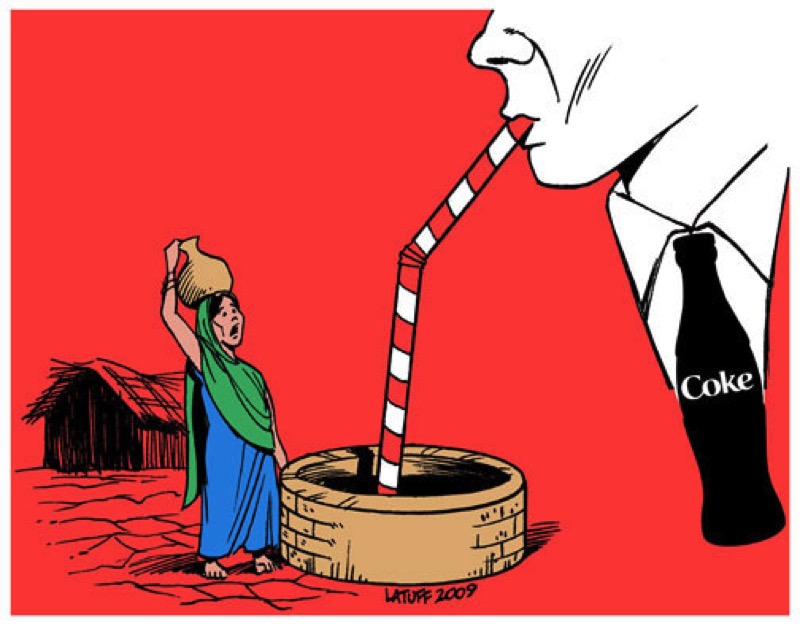

An example of Loblaw’s latest campaign.
“Transforming a brand into a socially responsible leader doesn’t happen overnight by simply writing new marketing and advertising strategies. It takes effort to identify a vision that your customers will find credible and aligned with their values.” -Simon Mainwaring
Or does it? Loblaw is launching a new, some might say revolutionary, campaign targeting foodie culture and our society’s growing obsession with not only food, but where it comes from and what good it can do. The President’s Choice brand has undergone a few makeovers throughout the years, but none as dramatic as its transformation into a brand for socially conscious consumers, placing emphasis on organic, ethically sourced food.
The way corporations market, if done successfully, reflect the changes in our culture. If this campaign is successful, we may have a reason to be optimistic. Its focus is content marketing: questioning where our food comes from – historically and in modern day. It reflects a culture that cares about ethics, health, and sustainability. Corporations rely on public support to survive, and if the public will only support a socially responsible corporation, there may be hope after all.

Loblaw’s website for Crave More.
And, in the case where the medium is the message, Loblaw’s marketing method now also includes a discussion page on their website that allows customers to post about their interests in food. It’s beneficial to the consumers who can easily find and discuss new ideas and grow their sense of community, but the greatest advantage goes to Loblaw who can then market to each customer individually, and adjust their image and production as a whole to comply with the latest trend.
It would seem that, at least for Loblaw, perhaps the future of marketing is less smoke and mirrors, more real discussion and content, but only time and success will tell.
